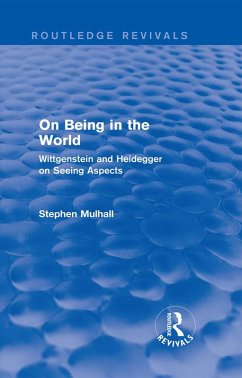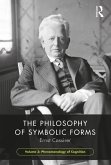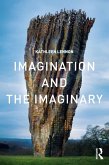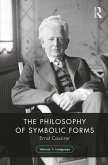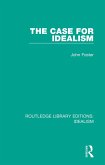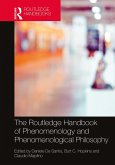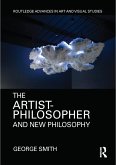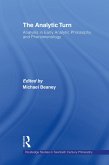The starting point is the idea of 'continuous aspect perception', which connects Wittgenstein's treatment of certain issues relating to aesthetics with fundamental questions in the philosophy of psychology. Professor Mulhall indicates parallels between Wittgenstein's interests and Heidegger's Being and Time, demonstrating that Wittgenstein's investigation of aspect perception is designed to cast light on much more than a bizarre type of visual experience: in reality, it highlights what is distinctively human about our behaviour in relation to things in the world, what it is that distinguishes our practical activity from that of automata.
On Being in the World remains an invaluable resource for students of Wittgenstein's philosophy, as well as anyone interested in negotiating the division between analytic and continental philosophy.
Dieser Download kann aus rechtlichen Gründen nur mit Rechnungsadresse in A, B, BG, CY, CZ, D, DK, EW, E, FIN, F, GR, HR, H, IRL, I, LT, L, LR, M, NL, PL, P, R, S, SLO, SK ausgeliefert werden.

